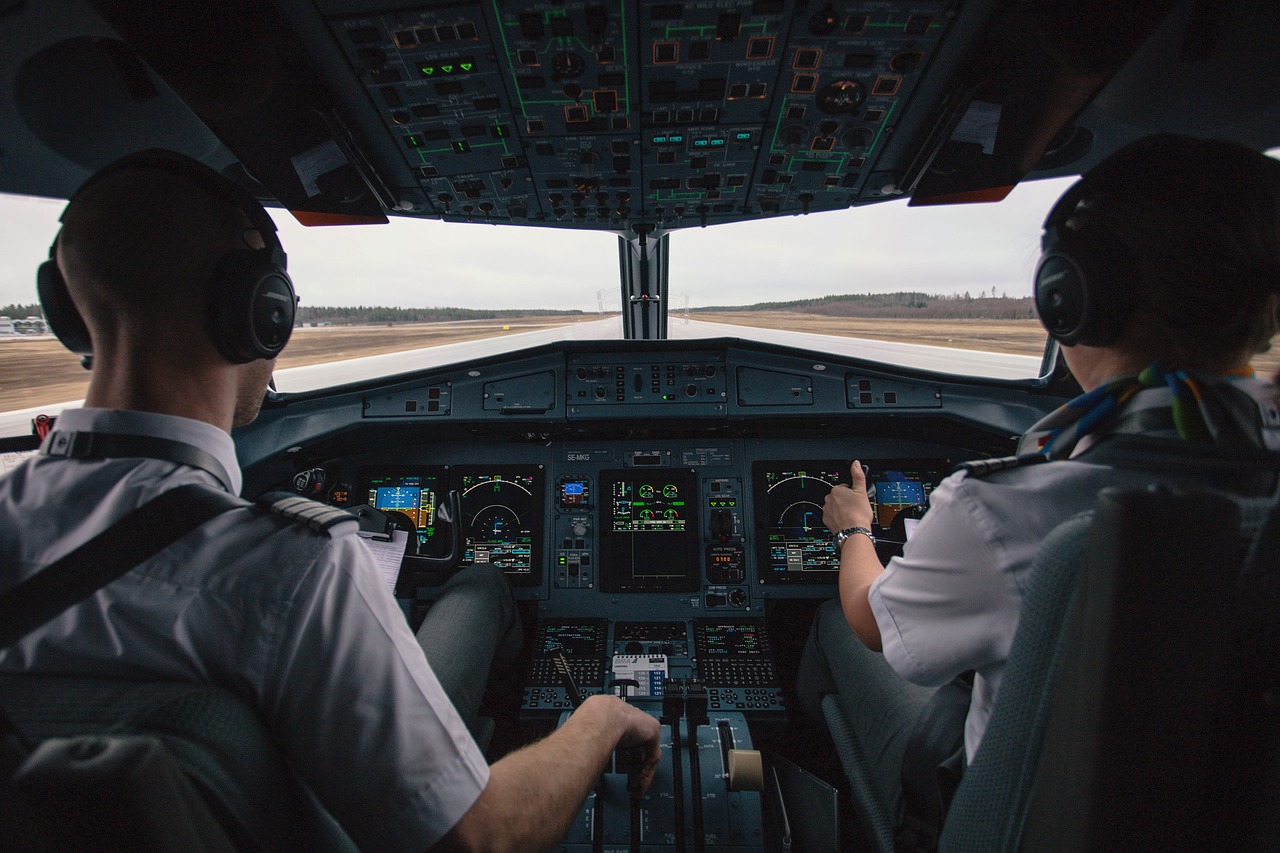Aerospace
Beyond the Cockpit: Unveiling the Human Factors Challenges for Pilots

Managing and reacting to unforeseen or emergency situations is one of the hardest tasks faced by pilots when operating an aircraft. These circumstances can include everything from faulty technology to bad weather to even human involvement. Here are a few illustrations:
- System failures: Because aircraft are intricate machines with several interconnected systems, any malfunction or failure can be very difficult for pilots to handle. To guarantee the safety of the flight and its passengers, they must identify the problem swiftly, follow the proper emergency procedures, and make crucial decisions.
- Pilots must be ready to handle a variety of weather hazards, including extreme turbulence, thunderstorms, icing conditions, and strong crosswinds. Physically taxing, these situations ask for pilots to modify their flying methods in order to maintain control and safety.
- Precision navigation is essential for pilots, particularly on lengthy trips or when flying through unknown territory. Pilots may have difficulties due to malfunctioning navigational aids, a loss of GPS signal, or low visibility, necessitating the use of alternate navigational techniques and instruments to stay on course and stay aware of their surroundings.
- High-Density Airspace: Pilots may find it challenging to manoeuvre in crowded airspace, such as during approach and landing at busy airports. While making precise manoeuvres, they must monitor numerous communication lines, follow tight air traffic control directives, and keep a safe distance from other aircraft.
- weariness and crew resource management: Long workdays and erratic schedules are common for pilots, which can contribute to weariness. Fatigue is one of the major issues in aviation since it impairs cognitive function and decision-making ability. Pilots must maintain alertness and practise good fatigue management. To handle complex situations and maintain a safe operating environment, competent crew resource management (CRM), also known as crew resource management, is essential.
- Human factors: Pilots receive training on how to maintain their own physical and mental health while in the cockpit. They must manage tension, maintain attention and concentrate, and be able to reason even under difficult situations. To ensure safe and efficient flight operations, it is essential to recognise and reduce the impact of human factors.
It’s crucial to remember that pilots go through rigorous training and ongoing assessments to manage these issues successfully. In order to overcome challenges and guarantee the safety of the aircraft and its passengers, they rely on their abilities, knowledge, experience, and teamwork.







